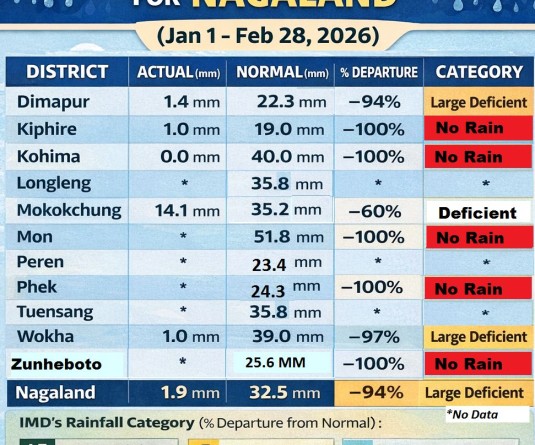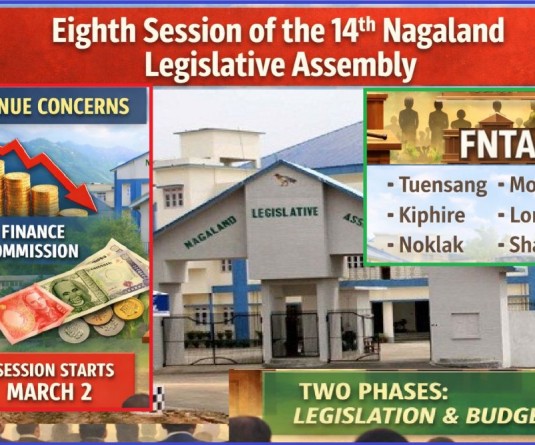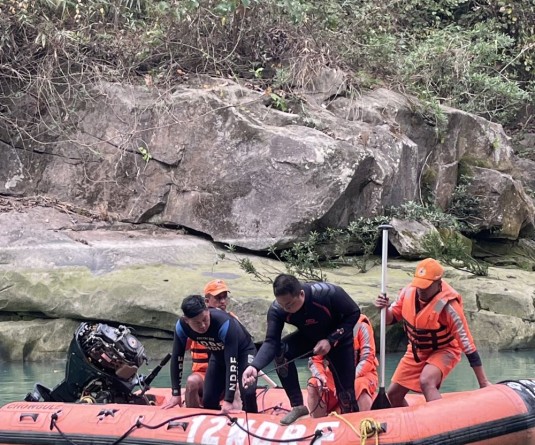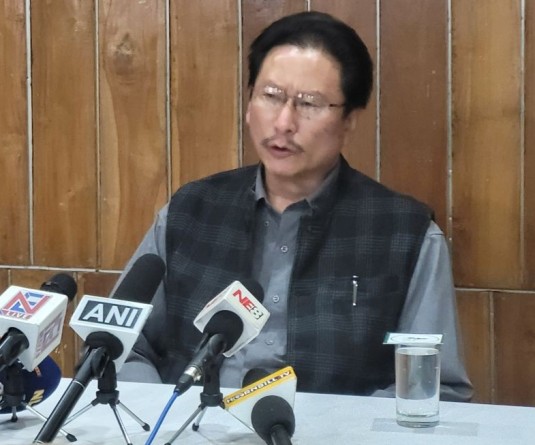
DIMAPUR, FEBRUARY 1 (MExN): A meeting dubbed ‘Field Campaign Meeting’ under the Nagaland Electricity Regulatory Commission’s (NERC) Public Awareness Creation Efforts (PACE) programme was held on Friday, February 1 in Dimapur. The agenda of the campaign is how to reform the power sector.
The primary objective of the public meeting hosted at the Naga Council, Dimapur office, was to lay threadbare the contents of the PACE booklet recently published by the NERC in the interest of all electricity stakeholders and consumers. The booklet deals with three subjects, namely – NERC (Standards of Performance for the Distribution and Transmission of the Licensee) Regulations, 2012; NERC (Consumer Grievances Redressal Forum and Electricity Ombudsman) Regulations, 2012; and NERC (Citizens Charter) Regulations, 2012. It also contains a letter written by the Power Department to the Commission in September 2011 specifying the difficulties faced by the department and the inability to meet the ‘Standards of Performance’ of the NERC.
Chairman-cum-Member, NERC, SI Longkumer made a presentation outlining the basic aims and objectives of the PACE booklet.
It was followed by an interactive open discussion. The Standard of Performance (SoP) regulation is a set of operational guidelines for the Power department to follow for efficient supply of electricity. The Consumer Grievances Redressal Forum and Electricity Ombudsman) Regulation specifies a number of grievances and how to respond to consumer complaints. It also mentions the formation of Internal Grievance Redressal Cells at appropriate locations to handle the complaints.
The preamble of the Citizens Charter Regulation states, “... the Charter is a pledge of trust and commitment among the three stakeholders namely, the consumer, the utility (Service Provider) and the regulatory Commission and it is made with a view to achieving a common goal – quality power to all at reasonable price.” The basic agenda of the Charter is to strengthen relations with the public, to educate the public about the concept of paying for electricity and value they receive for the costs, and to draw awareness of the consumers about their rights and responsibilities.
In the letter written by the department, it was mentioned that the department receives inadequate fund for maintenance and consumer servicing. The department receives only Rs. 2.9 crores as maintenance fund whereas the annual requirement is roughly between Rs. 8-10 crores. As of 2011, there were 400 villages without technical field staffers.
The present Power infrastructure in the state is such that it is unable to meet national standards. To be at par with national standards, the department should have infrastructural capability to handle 400 mega watts of power atleast, the letter read. Further, if at all the state is to achieve its energy requirement, the government must expedite work on the identified hydro electric projects.
On tariff, it said, “As a government entity, the tariff fixation was done factoring consumer affordability since much of the investments made were not based on commercial viability.” It also mentioned human resource management and operational constraints citing that placement of officers and staff are done only “as per the prerogative of the government” without taking into consideration the criterion – “Right man for the right job.”
ble to meet the requirements of the ‘Standard of Performance’ of the NERC,” the letter concluded.






